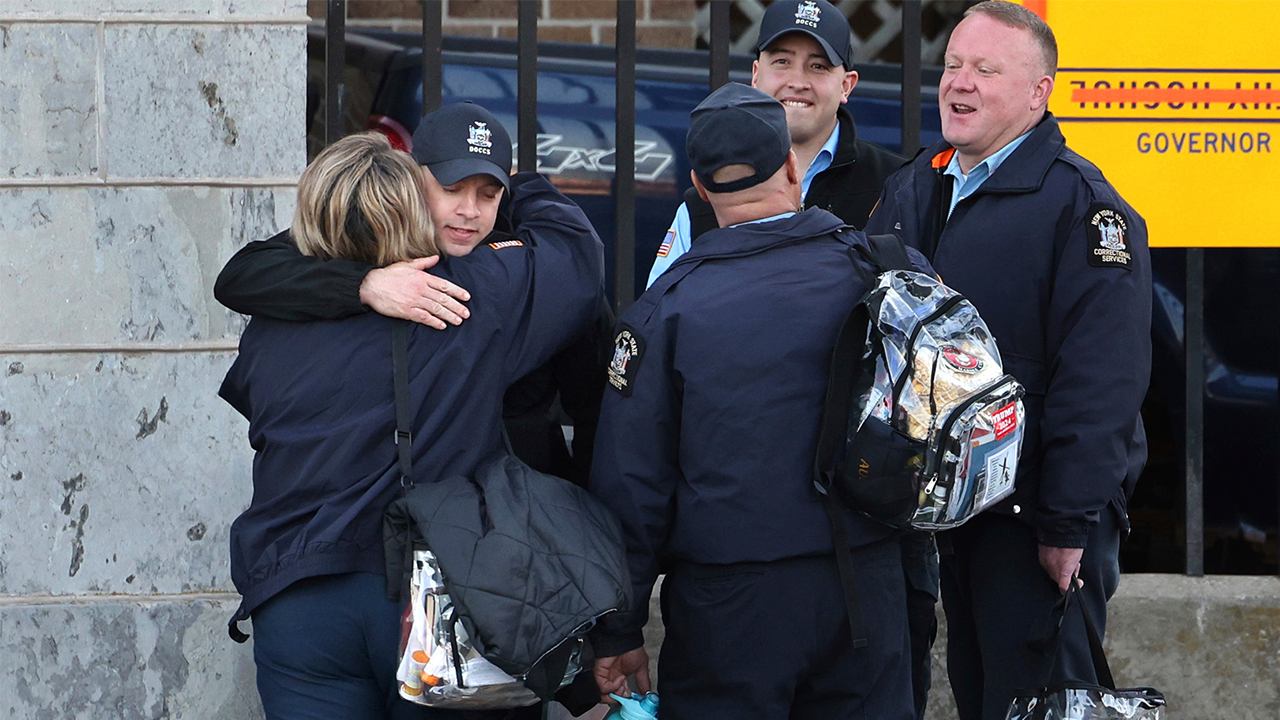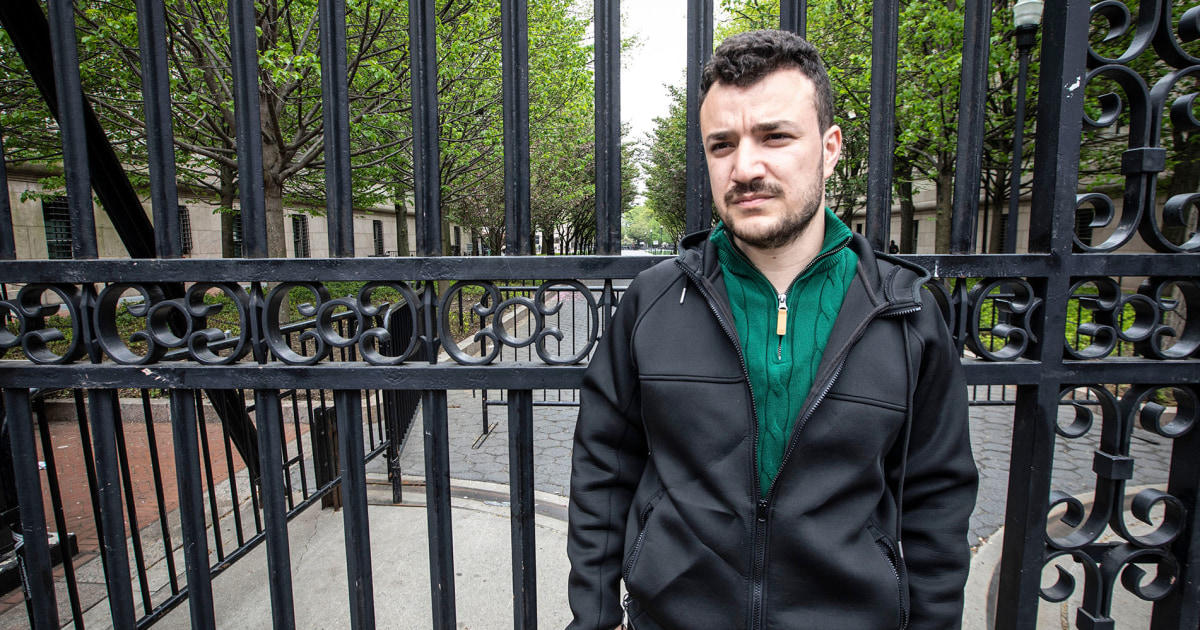Summary:
NYC City Council proposes a law requiring NYPD officers to undergo blood alcohol tests after shootings causing injury or death.
This policy is already in place as part of NYPD's existing procedures.
Police unions strongly oppose the bill, deeming it unnecessary and pointless.
The bill's introduction follows the controversial "How Many Stops Act," which has already incurred significant overtime costs for taxpayers.
The debate centers around balancing police accountability with avoiding unnecessary burdens on the NYPD.
NYC Council's Redundant NYPD Alcohol Testing Law Sparks Outrage
The NYC City Council recently introduced a bill mandating blood alcohol tests for NYPD officers involved in shootings resulting in injury or death. This has ignited a firestorm of criticism, as this procedure is already standard NYPD policy.
Councilman Yusef Salaam, chair of the Committee on Public Safety, argues the law would prevent NYPD leadership from circumventing existing guidelines. However, police unions strongly oppose the bill, calling it pointless and an unnecessary attack on the NYPD. They cite the lack of any evidence suggesting current procedures are inadequate.
<img src="https://nypost.com/wp-content/uploads/sites/2/2024/12/nypd-officer-philip-fioranelli-criminally-95665034.jpg?w=1024" alt="NYPD officer involved in a shooting incident">Police Benevolent Association President Patrick Hendry stated that addressing the city's police staffing crisis and violent crime rates should take precedence over this redundant legislation.
The NYPD itself released a statement acknowledging its existing alcohol testing procedures and expressing openness to dialogue with the City Council.
This new bill follows the controversial "How Many Stops Act," which has already cost taxpayers over $1.4 million in overtime in just three months. This further fuels the debate surrounding the Council's approach to police oversight and resource allocation.
The Bigger Picture: Police Accountability vs. Unnecessary Burden?
The core issue remains a balance between holding police accountable and avoiding placing unnecessary burdens on the force. While proponents like Councilman Salaam argue for codifying existing practices to ensure accountability, critics question the necessity and potential negative consequences of this redundant legislation, particularly considering the city's existing budgetary constraints and the NYPD's current challenges.









Comments
Join Our Community
Create an account to share your thoughts, engage with others, and be part of our growing community.